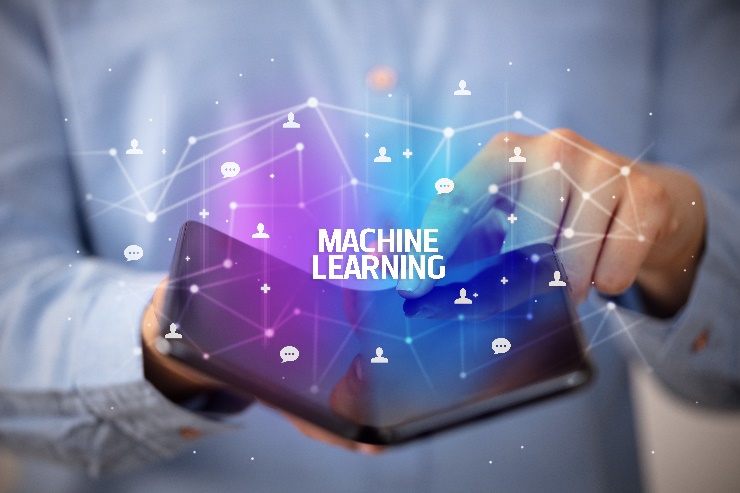The coronavirus pandemic changed what we search for and what we buy online overnight. In 2019 top Google searches included things you’d expect—personal care items, home goods, tech products, apparel, and toys and games. By April of this year top search items included toilet paper, face masks, hand sanitizer, and Lysol spray.
We’ve entered a new world—one that will likely define a generation.
Just as the pandemic is exposing weaknesses in our supply chains and healthcare systems, it’s also exposing cracks in artificial intelligence models. Rapid changes in consumer behavior are confusing the algorithms we rely on for everything from inventory management to marketing.
For some businesses, these changes are beyond their control. Sellers who rely on Amazon for order fulfillment, for example, have suddenly found themselves at a disadvantage. Amazon’s algorithms have traditionally favored sellers who use Amazon fulfillment. But in response to a massive uptick in orders due to coronavirus, Amazon appears to have tweaked its algorithms to promote sellers that handle their own deliveries.
Machine learning models are designed to respond to changes in consumer behavior, but they’re delicate. When input data deviates far enough away from the data they were trained on, machine learning systems start to break down.
It’s not hard to see how people’s buying habits could trigger problems. Suppose you’re an online retailer that sells packaged foods and your AI is programmed to reorder stock based on sales forecasts. Suddenly you’re flooded with bulk orders of canned beans, rice, and other pandemic staples, causing the system’s predictive algorithms to go haywire.
The lesson here is that you can’t just “set it and forget it.” Today’s machines are smart, but they’re still limited by programming.

Tips for Managing AI Systems During Volatile Times
If you’re among the growing number of businesses already using AI and machine learning technologies—whether it’s an AI-enabled CRM or an automated chatbot—what can you do to make sure your machine learning models are able to cope with big changes in consumer behavior? Here are some tips.
Hire an in-house expert.
Many businesses are investing in machine learning systems—but not the staff to maintain them. You need a dedicated team or in-house expert who can connect changes in algorithms to what’s happening in the world. Algorithms can’t perform the complex analysis humans are capable of—at least not yet.
Create custom machine learning models.
Building different types of machine learning models for different conditions can help your business weather major disruptions in the future. For example, a system that is economically efficient but more fragile may be fine during normal times. But it’s worth investing in another machine learning system that’s less prone to malfunctioning in the face of abnormal data during extreme events.
Monitor data in real time.
Again, you can’t set it and forget it. Suppose you use cybersecurity software to detect unusual behavior but get a sudden spike in traffic to your website for a certain product. Your software might block those connections, even if the traffic is from legitimate sources. This situation would require intervention to prevent problems, but if you’re not monitoring your data, you’re in the dark.
Be proactive.
Any time there’s a spike in demand or major aberrations in consumer behavior, you’re going to have issues. This is true no matter how well you prepare. But the best defense is a good offense. Businesses can be proactive by anticipating which input variables in their machine learning models will be most stressed by change and planning accordingly.
Perform simulations.
Think about what consumers want in a crisis. And about what might happen to your supply management, cybersecurity, and other algorithms if thousands of people are beating down your proverbial door for mountains of toilet paper or potting soil for their pandemic gardens. Simulations can help you prepare for these aberrations.
If there’s a silver lining in all of this, it’s that it has been a bittersweet reminder about the need to design our systems for greater resilience. And a reminder that we need to monitor our machines—lest they lead us astray.
Get Help from the Pros
COVID-19 has left businesses large and small scrambling to keep up with changing consumer demands and struggling to stay afloat. Our “new normal” calls for innovative thinking and smart marketing strategies.
The digital marketing experts at National Positions can help you develop PPC campaigns and content marketing solutions to meet the changing needs of your customers. Call us today at (877) 866-6699 for help with PPC, SEO, and more.